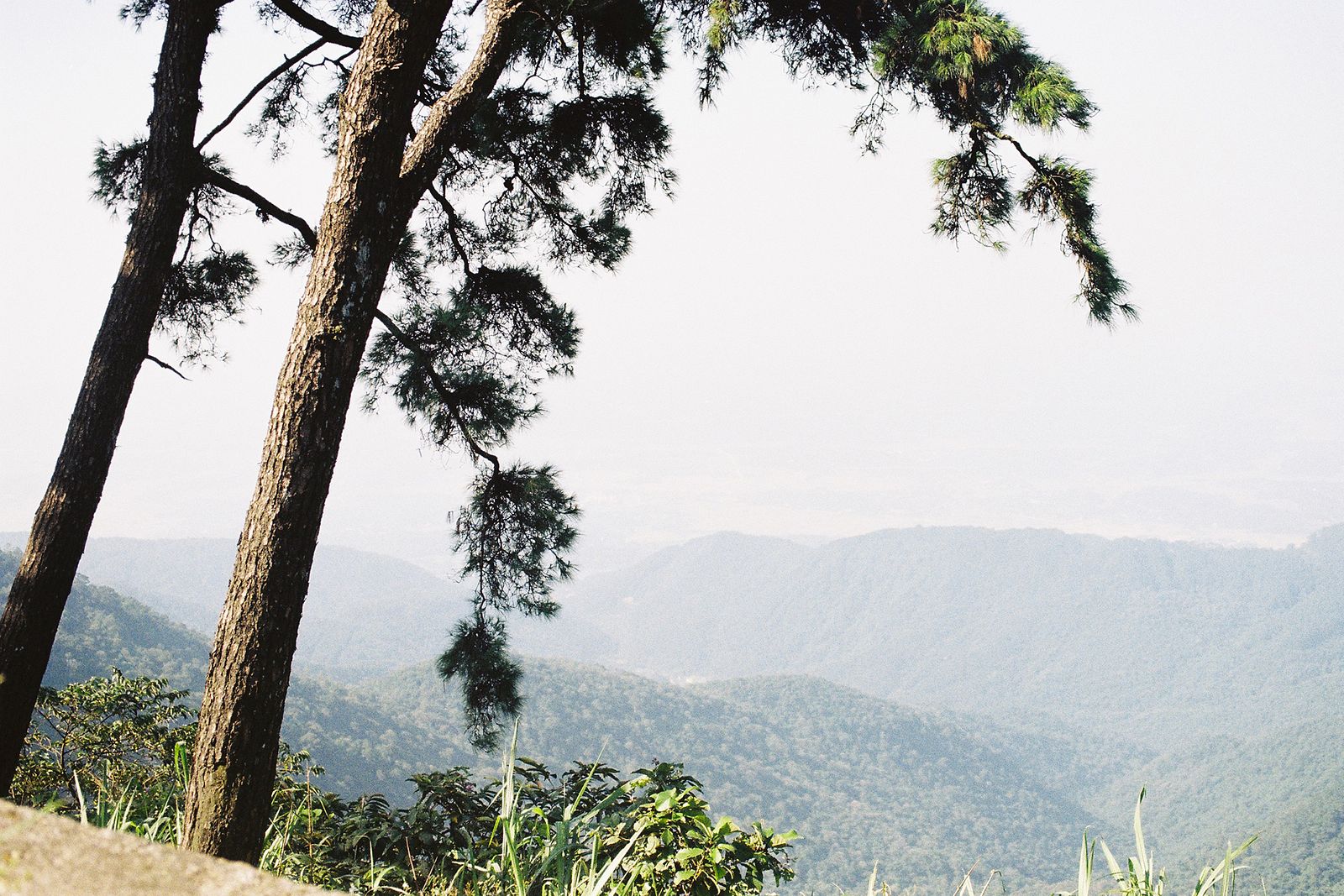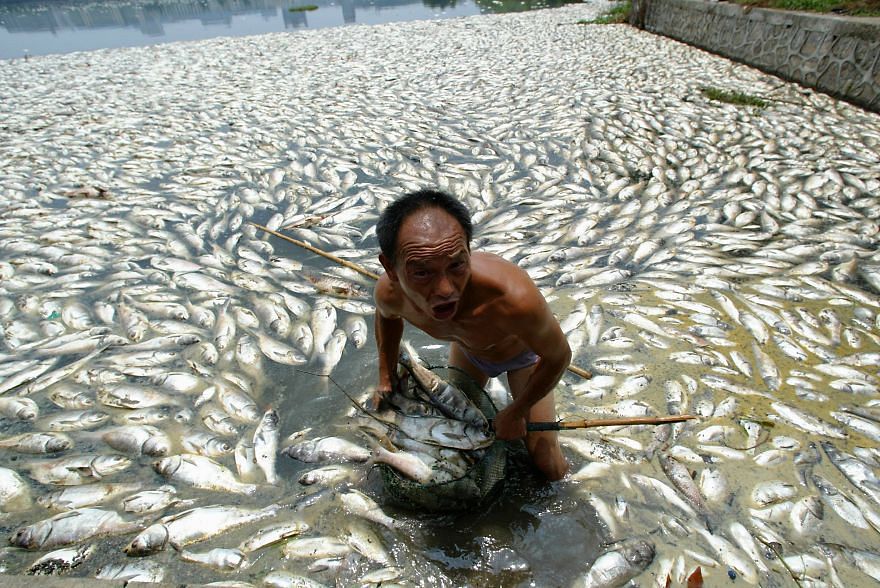When seeing a reflective row of solar panels situated on a roof in Vietnam, it’s easy to assume that the home, office, or factory belonged to someone who had decided to pay a little more for the sake of the common good. One might think that while solar energy has become more affordable and convenient as technologies continue to improve, it still requires consumers to make a conscious decision to spend extra for electricity because it is better for the environment. This, however, is wrong.

An increasing number of solar panels can be seen throughout cities and the countryside in Vietnam.
The Virtues and Surprising Value of Solar Power
We all know that energy derived from the sun is cleaner and better for the environment than energy obtained from burning fossil fuels such as coal and oil. It creates no carbon emissions or other heat-trapping gases that contribute to global warming and climate change. Additionally, it comes without the environmental destruction required for mining or drilling fossil fuels or the massive amounts of water needed for power plants. While it's not without impact, as solar panels rely on precious metals and materials, it's vastly cleaner than conventional alternatives.

Capturing sunlight to transform into energy results in no harmful emissions.
Moreover, Vietnam is particularly well-suited for an increase in solar power adoption. According to a recent study published by The International Journal of Management and Technology for Research Studies, energy demand is rising rapidly as the economy develops, but traditional, dirty sources such as coal and crude oil constitute the largest sources. Meanwhile, large land areas receive significant amounts of sunlight per year with Vietnam amongst the leading nations for sunlight as observed on the solar radiation map.
For these reasons, we were confident that environmental concerns are the primary driver of solar power adoption in Vietnam, however, a conversation with Stride, a cleantech company involved in Vietnam’s solar energy industry, changed our perspective.

Financial considerations motivate the installation of solar panels on large factories and farms.
“I want to reduce my electricity bill, so solar becomes a way to help solve that problem.” Andrew Fairthorne, Stride’s Chief Executive Officer shared when explaining the motivations of many of his customers. "They are less motivated by environmental concerns, and are looking for ways to reduce operating costs for their business to make it more profitable."
The specific economics behind solar energy adoption can be complex, particularly when considering the tariffs, rebates, grants, and taxes that different governments offer to individuals to incentivize adoption. One constant, however, is that energy derived from fossil fuels will continue to rise with increased demand and finite supply, and solar energy will continue to become cheaper to own, install and operate thanks to new technologies. While limiting one’s reliance on fossil fuels is a positive motivator that many consider to be a matter of ethical obligations, the financial bottom line is currently the most convincing reason why people in Vietnam are purchasing solar systems.

Solar panels are particularly effective in rural areas on large buildings.
The Need for Financial Expertise
Solar panels reduce a building’s monthly energy bills from the moment they are installed, and given enough time, these savings pay for the cost of the required equipment. This equipment, however, requires upfront costs that can be overwhelming. The panels “might cost, say, 4,000 US dollars for a typical household, and most people do not have that money readily available,” Andrew said. Large, local banks aren’t eager to maneuver the difficult process for single households or small businesses loans, and individual credit cards aren’t designed for such purposes, he explained. Unless a customer has the full, upfront cost in cash, there aren’t a lot of options. “That's where the financing comes in, allowing for repayments to be made in small installments using the savings generated from the solar energy system.”


Vietnam has many experienced, professional operations for solar panel installation
With more than four decades of combined experience in financial services and technology, Andrew and Stride co-founders, Leo Polojac and Tra Le, have the expertise needed to facilitate private purchases of solar systems which are paid off in small increments. An intuitive mobile app that provides for on-the-spot approval allows customers to make payments and calculate how long it will be until the solar system is paid off using the savings from each month’s energy bills. Moreover, Stride provides comprehensive insurance for protection against natural disasters such as the recent Typhoon Yagi and an independent quality assurance check to ensure the solar system is installed to an international standard.
The specifics of how Stride provides the financing is complicated and not particularly interesting for the average consumer. But this is where Stride excels. Successfully navigating international transfers, cross-border regulations, and lending via currency exchanges is only part of the equation. Stride must have a firm grasp of the underlying technology and market.
Fortuitously, through a mutual acquaintance, the founders got to know Huy Le, who has a background in solar technologies. Not long after they began brainstorming about the potential of solar power in Vietnam after witnessing its proliferation in their native Australia, Andrew and Leo invited Huy to join Stride as Chief Commercial Officer. Huy was able to explain in greater detail how the technology works and also the specific uses, needs, and challenges for Vietnamese customers. He also ensures that Stride only works with experienced, reputable installation companies that offer fully certified and trustworthy equipment.


The Stride team at the Powering a Sustainable Future event speaking with potential clients.
Amongst these challenges for local Vietnamese is a lack of familiarity or comfort with debt and financing options. We all know individuals here who don’t like to use banks and prefer to keep their money in cash, gold, or land. Convincing these individuals to take advantage of Stride’s system often requires clear explanations and positive reputations based on word of mouth and community connections. Huy’s time in the industry has proven instrumental in this. Meanwhile, Leo and Andrew’s roles with global banks working in Vietnam have allowed them to overcome obstacles inherent to explaining to overseas investors and institutions what to expect in terms of timelines, processes, and requirements for the local market.
Since their founding in 2021, Stride is succeeding as evidenced by their support of over 400 solar installations across 48 provinces in Vietnam. This has resulted in over 6,100 MWh's of solar energy produced with a reduction of 2,300 Tonnes of CO2 carbon avoided.
An Impact Beyond Bank Accounts
Saving money may be the main motivation for solar system adoption in Vietnam, and Stride was undoubtedly founded as a means to generate profits, but Andrew admits there is more to life than making money. He shared with pride how a Stride solar system is reducing electricity costs for a kindergarten in the Mekong Delta while providing children with an opportunity to learn about the earth and sustainable stewardship, for example. Meeting large and small customers like the teachers and students at the school and hearing about the positive impact Stride is having is extremely gratifying. “Previously, while in banking, it was mainly looking at reports and numbers”, he said, emphasizing the value of witnessing a difference being made. Reflecting on the experience with the school he said: “By using Stride, they didn't have to put up a lot of capital up front. So they're like, ‘Well, this is a pretty good deal. The solar system pays for itself.’ And then they shared what they were able to do with the savings: buy more toys and upgrade their learning supplies.”

Members of a kindergarten in the Mekong Delta with a Stride representative who helped them fund solar panels for their school.
Stride’s success reveals that the differences being made with solar energy, and environmental progress in general, will require economic incentive. Our society is ultimately driven by money and few decisions are made without it as a primary consideration. For the sake of the planet, we must therefore look to maximize the situations where sustainability makes economic sense. We must be prepared to recognize and foster situations where it’s cheapest to act responsibly towards the Earth. Doing so requires businesses like Stride that have financial and technological expertise along with cultural knowledge and trust.















